ALVIN YORK
A MERICAN W ARRIORS
Throughout the nations history, numerous men and women of all ranks and branches of the U.S. military have served their country with honor and distinction. During times of war and peace, there are individuals whose exemplary achievements embody the highest standards of the U.S. armed forces. The aim of the American Warriors series is to examine the unique historical contributions of these individuals, whose legacies serve as enduring examples for soldiers and citizens alike. The series will promote a deeper and more comprehensive understanding of the U.S. armed forces.
S ERIES EDITOR : R OGER C IRILLO

An AUSA Book
ALVIN YORK
A NEW BIOGRAPHY
OF THE
HERO OF THE ARGONNE
D OUGLAS V. M ASTRIANQ

Due to variations in the technical specifications of different electronic reading devices, some elements or this ebook may not appear as they do in the print edition. Readers are encouraged to experiment with user settings for optimum results.
Copyright 2014 by The University Press of Kentucky
Scholarly publisher for the Commonwealth, serving Bellarmine University, Berea College, Centre College of Kentucky, Eastern Kentucky University, The Filson Historical Society, Georgetown College, Kentucky Historical Society, Kentucky State University, Morehead State University, Murray State University, Northern Kentucky University, Transylvania University, University of Kentucky, University of Louisville, and Western Kentucky University.
All rights reserved.
Editorial and Sales Offices: The University Press of Kentucky 663 South Limestone Street, Lexington, Kentucky 40508-4008 www.kentuckypress.com
The views of the writer are not those of the Department of Defense or its components.
Library of Congress Cataloging-in-Publication Data
Mastriano, Douglas V.
Alvin York : a new biography of the hero of the Argonne / Douglas V. Mastriano.
pages cm. (American warriors)
Includes bibliographical references and index.
ISBN 978-0-8131-4519-8 (hardcover : alk. paper)
ISBN 978-0-8131-4521-1 (pdf) ISBN 978-0-8131-4522-8 (epub)
1. York, Alvin Cullum, 1887-1964. 2. SoldiersUnited StatesBiography. 3. Argonne, Battle of the, France, 1918. 4. World War, 1914-1918CampaignsFrance. 5. United States. ArmyBiography. I. Title.
D570.9.Y7M37 2014
940.41273092dc23
[B] 2013045082
This book is printed on acid-free paper meeting the requirements of the American National Standard for Permanence in Paper for Printed Library Materials.

Manufactured in the United States of America.
 Member of the Association of American University Presses
Member of the Association of American University Presses
To the two most important people in my life
my wife, Rebbie,
and son, Josiah
Alvin Yorks account of his conversation with his brigade commander, General Lindsey, in February 1919, when they toured the site where York captured 132 Germans:
York, how did you do it?
Sir, it is not man power. A higher power than man power guided and watched over me and told me what to do.
The general bowed his head and put his hand on my shoulder and solemnly said: York, you are right.
There can be no doubt in the world of the fact of the divine power being in that. No other power under heaven could bring a man out of a place like that. Men were killed on both sides of me; and I was the biggest and the most exposed of all. When you have God behind you, you can come out on top every time.
Contents
Illustrations
Maps
Photographs
1
A Life Well Lived
Many good Americans have died fighting for this country and there was one guy in my outfit who was a conscientious objectorbut once he was in the thick of battle, he fought like a true American and almost captured the whole dnmed German Army single-handed. His name was Alvin York and he was a hero.
Otis Merrithew (aka William B. Cutting),
21 October 1965
The life and legacy of Alvin C. York continues to have an influence on the American psyche. This fixation has as much to do with his battlefield heroism as it does with his lifelong legacy of trying to make a lasting contribution to improve the lives of his people. It is this that perhaps makes him stand out among so many other worthy heroes of the Great War. Clearly, it was the 8 October 1918 battle in the Argonne that brought Alvin notoriety, but it was what he did with the fame that so impressed his nation. It was Yorks endeavor to use his name and fame to build schools, to help the poor and needy in Tennessees Cumberland Valley, that served as evidence to the public at large that this man was the real thing.
Considering this, it seems that there were two major turning points in the life of Alvin York. The first was his conversion to Christianity on 1 January 1915. It was this which brought a moral and personal transformation that set the conditions for Alvins subsequent life. It also led him to initially object to military service and then, once that matter was resolved, gave him the spiritual assurance that no matter what happened, he would come out alive. It also gave him the humility to use his fame to help others. Without his conversion, York would have faded into history as so many had, and certainly would not have performed as he did on the field of battle. This is because his new faith was the basis of his confidence and resolve, and laid the foundation from which he went on to accomplish what he did. The second turning point was the 8 October 1918 Argonne battle, which brought him renown and forever changed his life. Both of these dates are inseparably and firmly linked. For York, one could not have transpired without the other.
Of course, throughout his life, and even to this day, there has been a string of detractors who question whether the York saga is genuine, or the result of propaganda. Usually the detractors suggest that his feat of 8 October 1918 was contrived, or exaggerated for some nefarious reason. Another tactic employed by his detractors is to belittle him by portraying his religion in a negative light. Both of these approaches require attention.
The subtle approach of assailing Yorks fundamentalist type of Christianity seems more informed by a postmodern negative view of faith in general than by fact. Earlier biographers and writers on York from the interwar period never questioned his faith. Writing at a time when church attendance was still the norm and faith was more widely accepted, authors such as Thomas Skeyhill and Sam Cowan treated Yorks beliefs respectfully. Modern writers, however, use harsh words or phrases when addressing Alvins deep faith, calling it a volatile mixture of faith and violence. They assume, reflecting the cynicism of our age, that faith is naive, irrational, and misguided.
In fact, Yorks faith seems more in line with New Testament practices of grace, mercy, and kindness than modern-day detractors would have one otherwise believe. For instance, when York was thrown in with his rowdy, partying platoonmates, there is no record that he condemned, judged, or otherwise told them that he disapproved of their drinking and womanizing. Instead, York and his friend Murray Savage sought to live out their faith in honesty and integrity in the army without casting aspersions on those who lived differently. York looked to his own house and did not sit in judgmental condemnation over those who did not share his faith. It was this that impressed his officers. Despite his moral dilemma, York tried not to cause trouble in his unit, and whatever work he was given, he did it to the best of his ability. This may in part explain why Major G. Edward Buxton and Captain E. C. B. Danforth tried so hard to convince him to fight for his nation as a Christian. This is also borne out by the fact that there is no derogatory information in his service record. Furthermore, his church proved that it was not so strict and legalistic as to excommunicate him for fighting in the war.




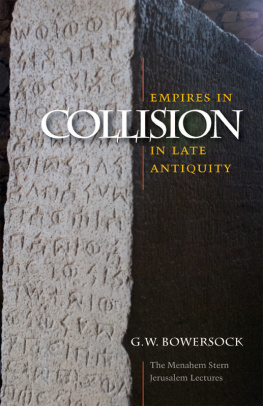



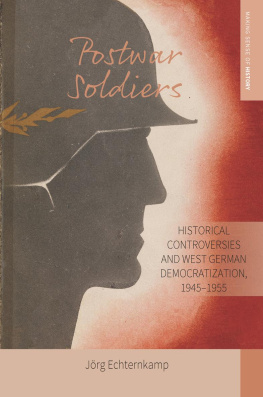

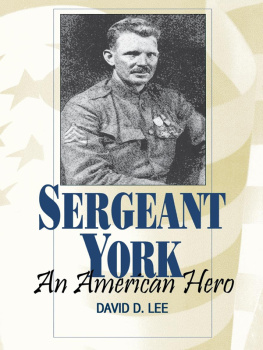
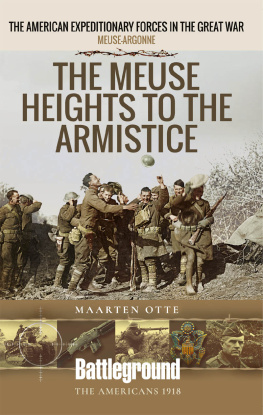
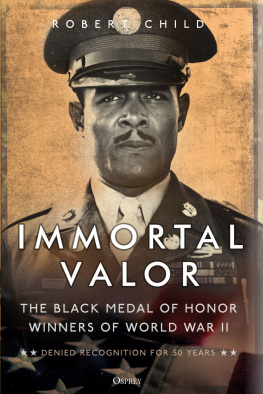
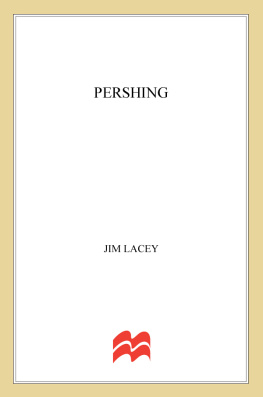
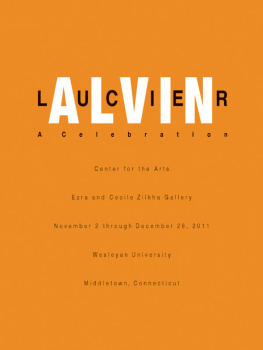
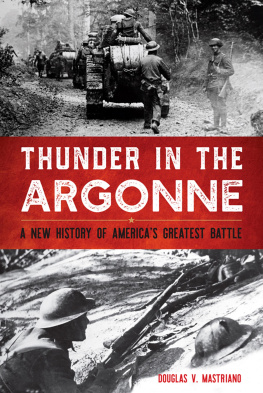
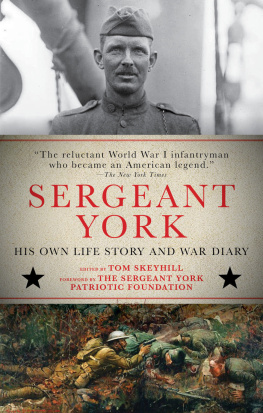
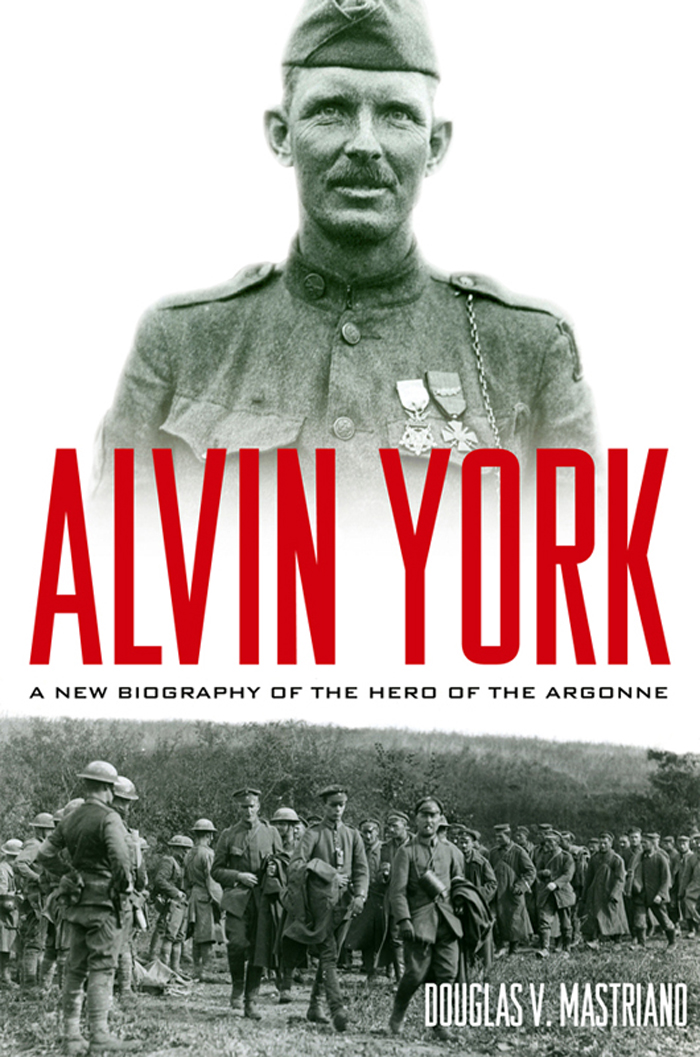



 Member of the Association of American University Presses
Member of the Association of American University Presses